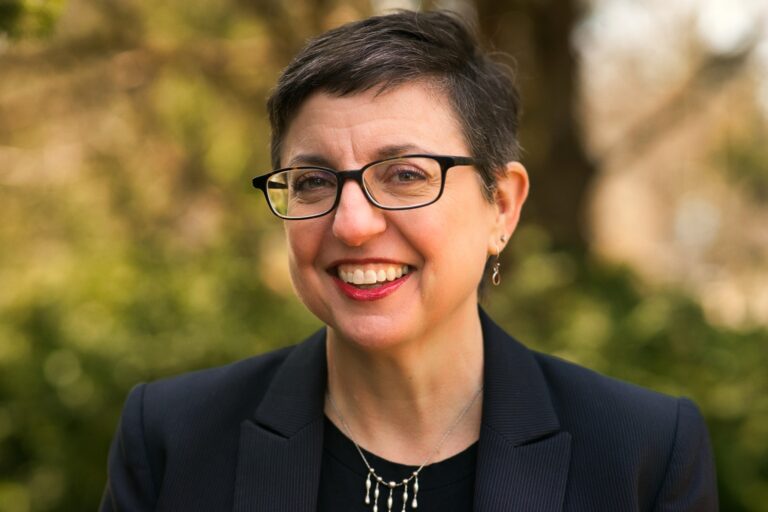Trixie Smith, Professor in the Department of Writing, Rhetoric, and Cultures at Michigan State University, received the 2025-2026 Charles Carpenter Fries Award presented by the Michigan Council of Teachers of English (MCTE). This statewide award honors educators whose distinguished career reflects a lifelong commitment to the teaching of English, to literacy, and to the professional development of teachers.
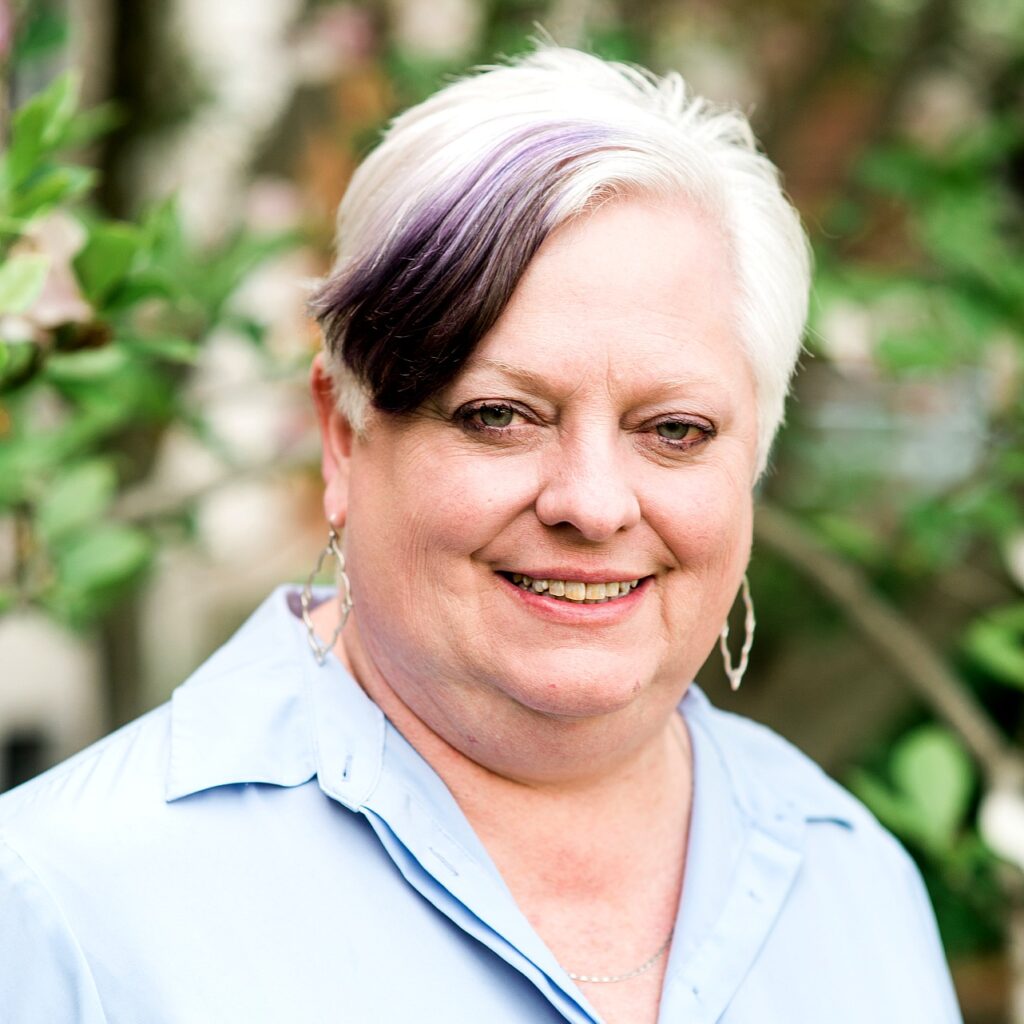
Named after University of Michigan Professor and former MCTE President Charles C. Fries, the award, which is MCTE’s longest-standing recognition, celebrates individuals who have made enduring contributions to English education in Michigan and beyond. Dr. Smith exemplifies the spirit of this award through her decades-long commitment to teaching, mentorship, literacy, and teacher education.
“I would like to thank my recommenders for this nomination and the judges for the award,” Smith said. “I am deeply honored to receive the Charles Carpenter Fries Award through MCTE and thank all involved for this recognition of my commitment to teachers, teaching, mentorship, literacy, professional development, and inclusion.”
Since joining Michigan State University in 2007, Smith has taught a wide range of courses in Writing, Rhetoric, and Cultures and is the Director of the Graduate Program in Rhetoric and Writing.

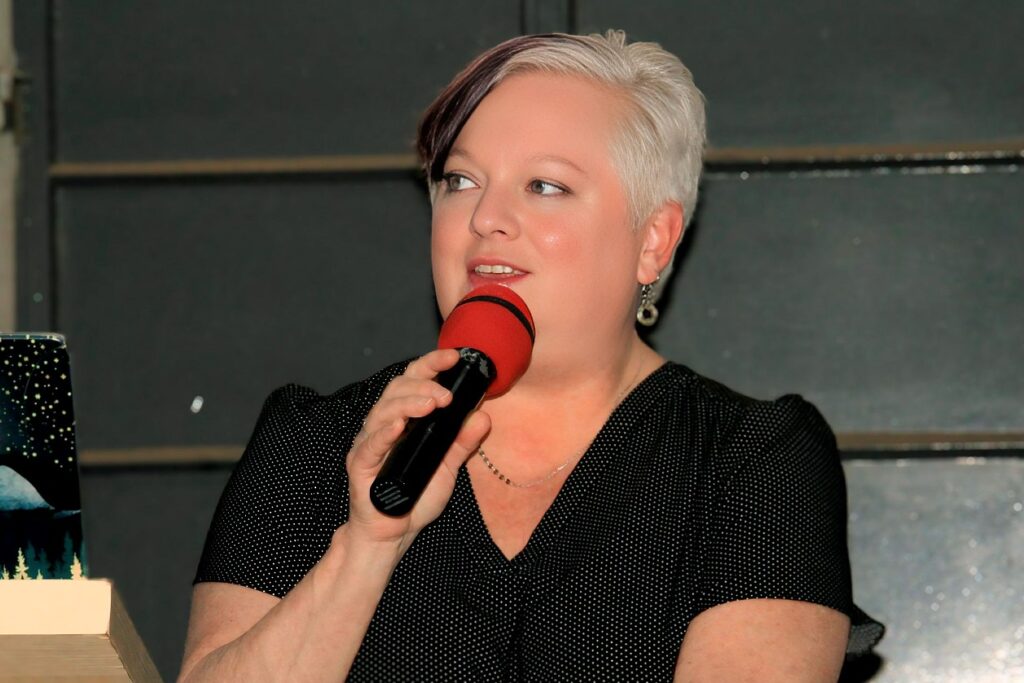
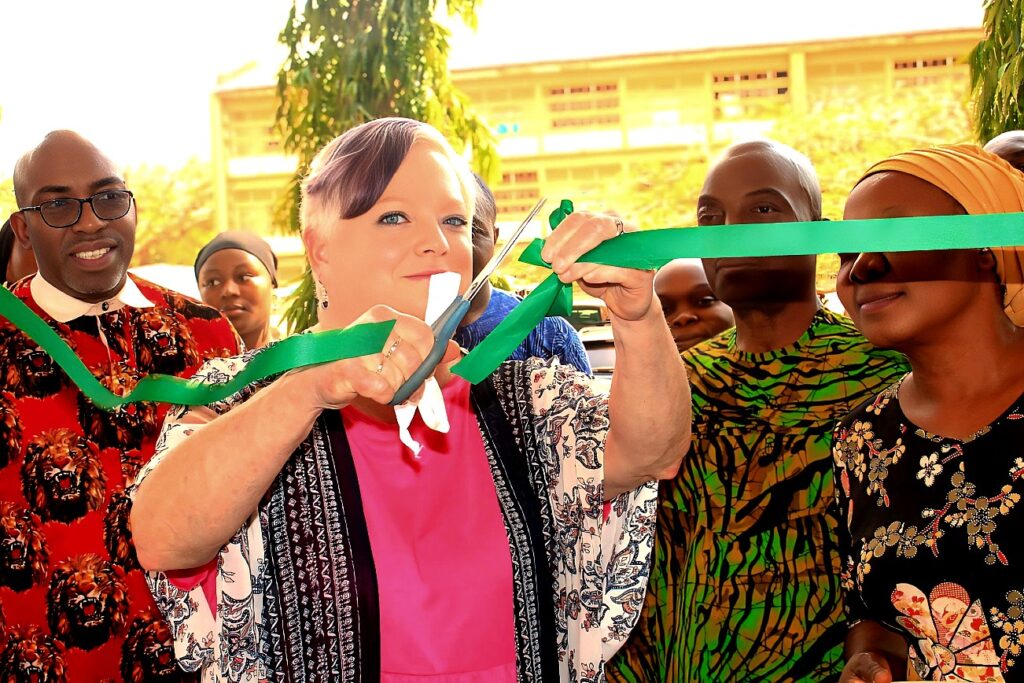
“I have been a teacher of one type or another for 45 years, from teaching first-grade choir, to middle school ELA, to high school English and journalism, to university writing, rhetoric, and cultures,” Smith said. “During all this time, I have been guided by one overarching motto: we’re all just humans working with humans, with bodies, minds, feelings, and experiences. It has always been important to me to recognize the full person in my pedagogical and methodological approaches, and I hope that this philosophy comes through in my teaching, administration, and community/professional service.”
Smith’s teaching and scholarship are deeply infused with commitments to equity, inclusion, and community engagement. Drawing on her expertise in writing center theory and practice, writing across the curriculum, and teacher training, she integrates questions of gender, queerness, embodiment, and activism into her pedagogy and research.
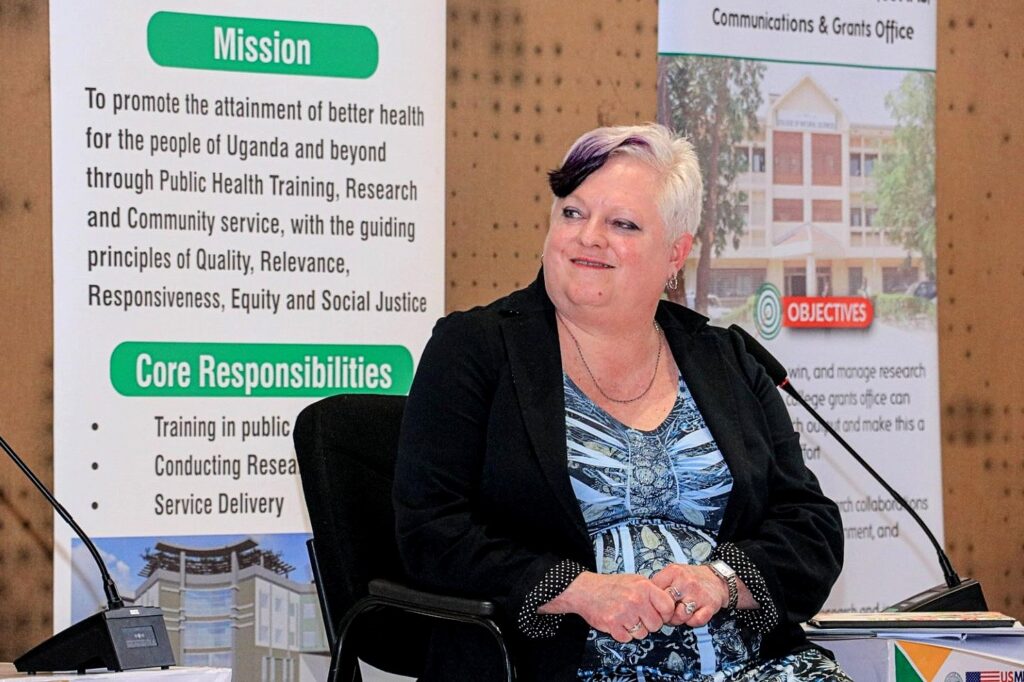
She also has served the profession broadly through leadership roles with local, national, and global educational organizations, and her publications in leading journals continue to shape the field.
Smith is the Director of the Red Cedar Writing Project, a National Writing Project site devoted to strengthening literacy education across the state. Her leadership extends globally as well as Director of the GALE (Global Alliances in Literacy and Engagement) Center at MSU, where she helps to build partnerships in literacy and teacher development around the world. In 2022, she received the Faculty Leadership Award presented by the College of Arts & Letters.
Smith was part of the second cohort of the Collaborative Online International Learning (COIL) Faculty Fellows Program-Africa and partnered with a faculty member at the University of Pretoria in South Africa during the 2024-2025 academic year.
“Trixie encourages and supports teacher leadership and learning, stemming from supporting teachers by teaching beside them. Her mentorship inspires educators and writers at every age and experience level.”
Dawn Reed and Jill Hoort, Co-Directors of the Red Cedar Writing Project
She will serve as the Charles Carpenter Fries honoree for the current school year and will be recognized at the MCTE spring conference in March 2026.
Dawn Reed nominated Smith for the award and Jill Hoort supported the nomination. Reed and Hoort, both Co-Directors of the Red Cedar Writing Project, wrote in a joint letter that: “Trixie encourages and supports teacher leadership and learning, stemming from supporting teachers by teaching beside them. Her mentorship inspires educators and writers at every age and experience level…We are grateful for her service, leadership, collegiality, and commitment to DIJE (Diversity, Inclusion, Justice, and Equity) and literacy for all.”
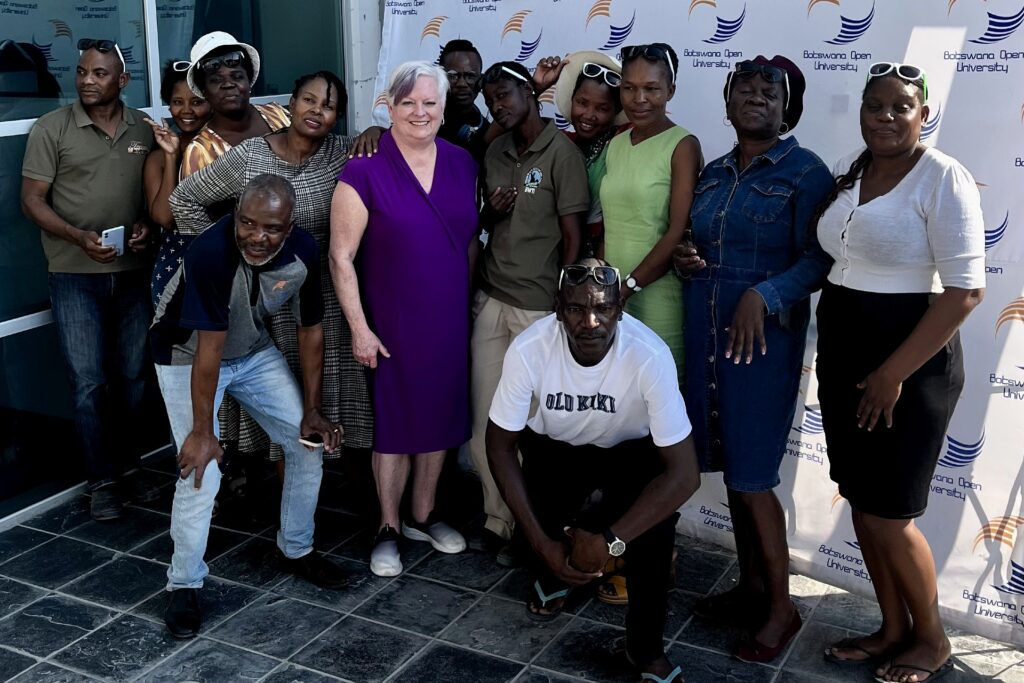
In a press release sent by MCTE, it stated that “MCTE celebrates Dr. Trixie Smith for her extraordinary contributions to English education in Michigan, her dedication to mentoring teachers and students alike, and her vision for literacy and learning as humanizing, inclusive practices.”
Established in 1922, MCTE serves as the state affiliate of the National Council of Teachers of English, uniting K-16 English language arts educators. MCTE is dedicated to offering professional development opportunities to English language arts teachers and English education professors throughout Michigan. The organization’s objectives include the dissemination of current English education scholarship and providing valuable support to English language arts teachers as they navigate pedagogical practices, student needs, and teaching philosophies.
By Kim Popiolek and the Michigan Council of Teachers of English

